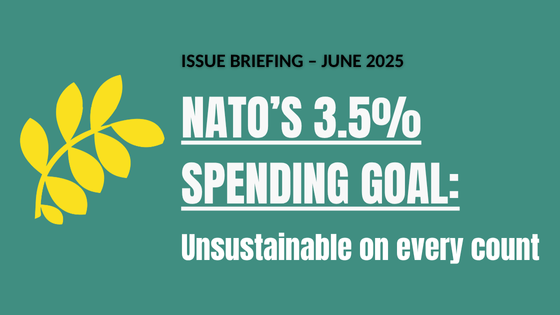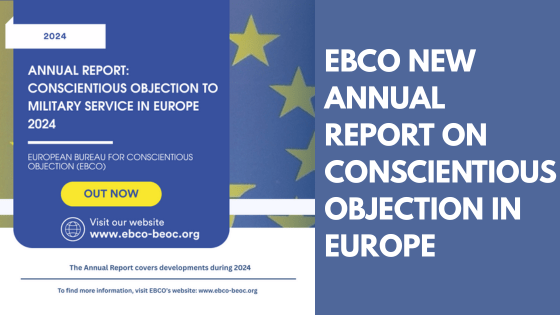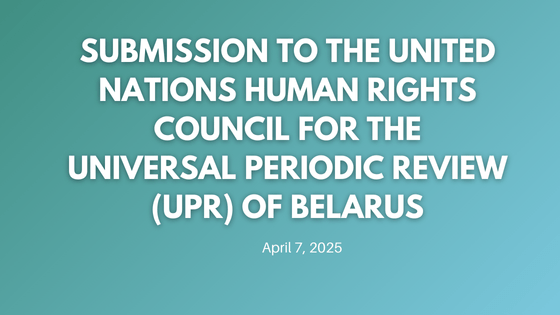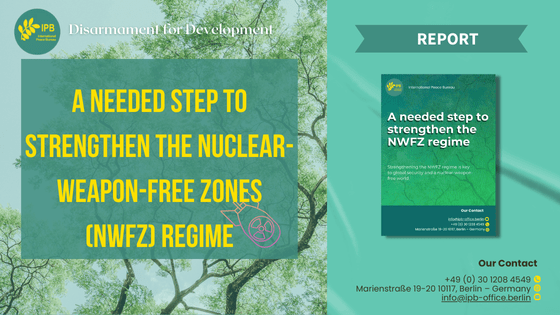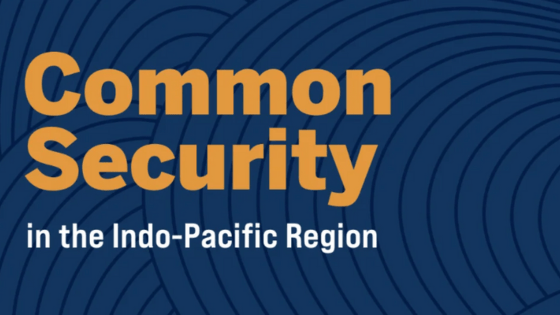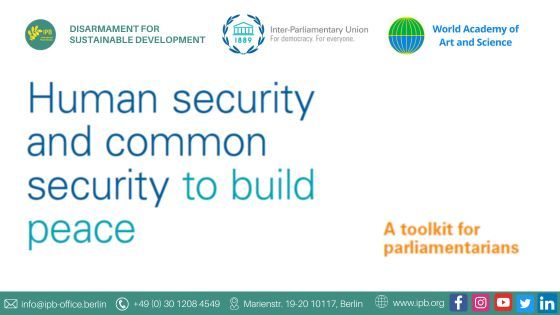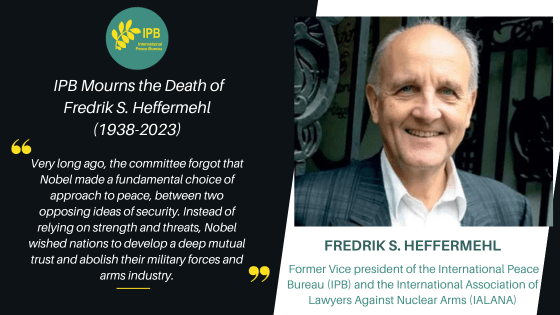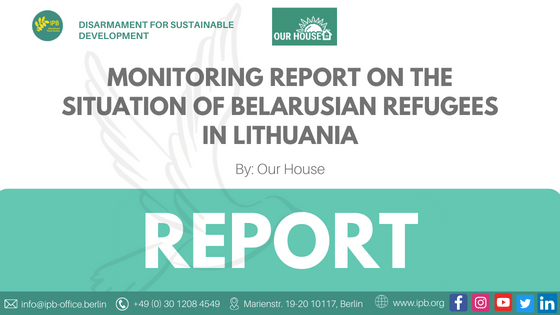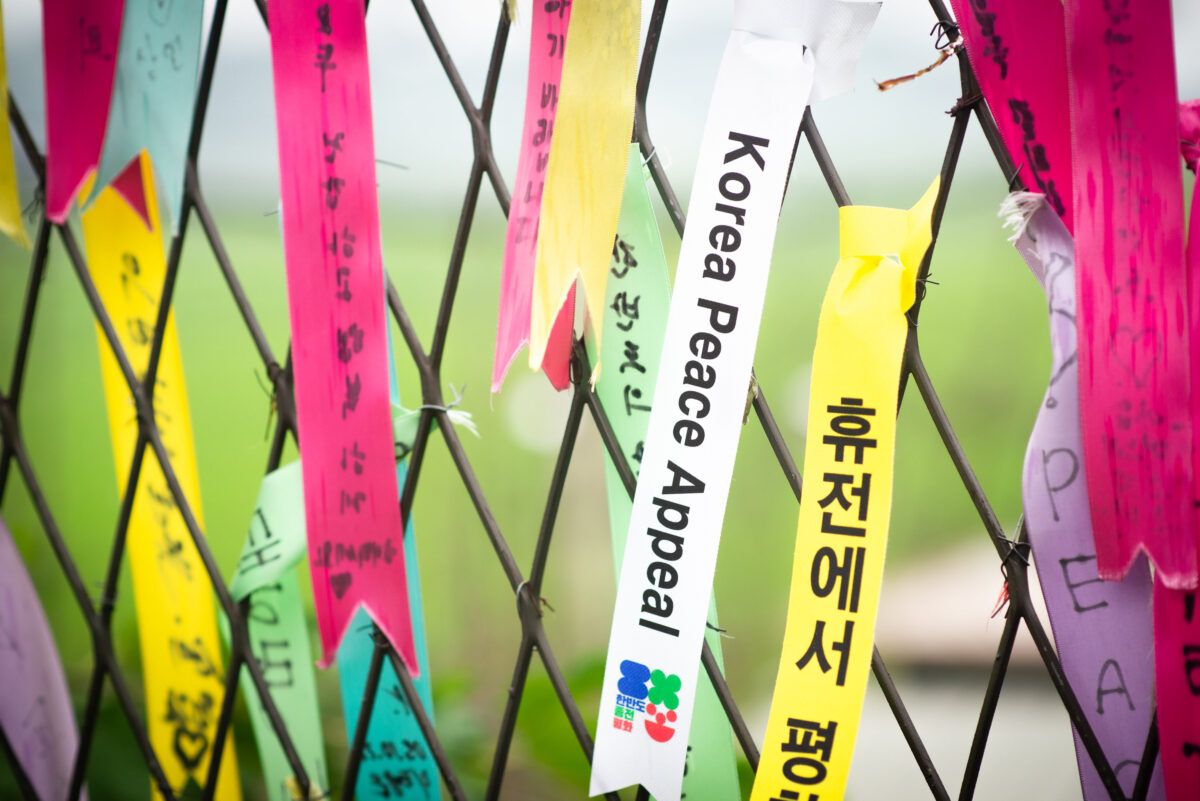Issue Briefing – June 2025
A new analysis released during the NATO summit in the Netherlands by the Transnational Institute, Tipping Point North South, and Stop Wapenhandel, reveals that NATO’s growing military build-up is severely undermining global climate goals and diverting critical resources away from climate and social investment.
Since 2021, NATO member states have increased their combined military spending by 25%, reaching US $1.5 trillion. This rise has contributed to an estimated 40% increase in the Alliance’s carbon emissions—from 196 million to 273 million metric tons of CO2 equivalent. In 2024 alone, European NATO members and Canada recorded their steepest annual spending increase in decades at 17.9%.
Continue reading “NATO’S 3.5% SPENDING GOAL: UNSUSTAINABLE ON EVERY COUNT”
